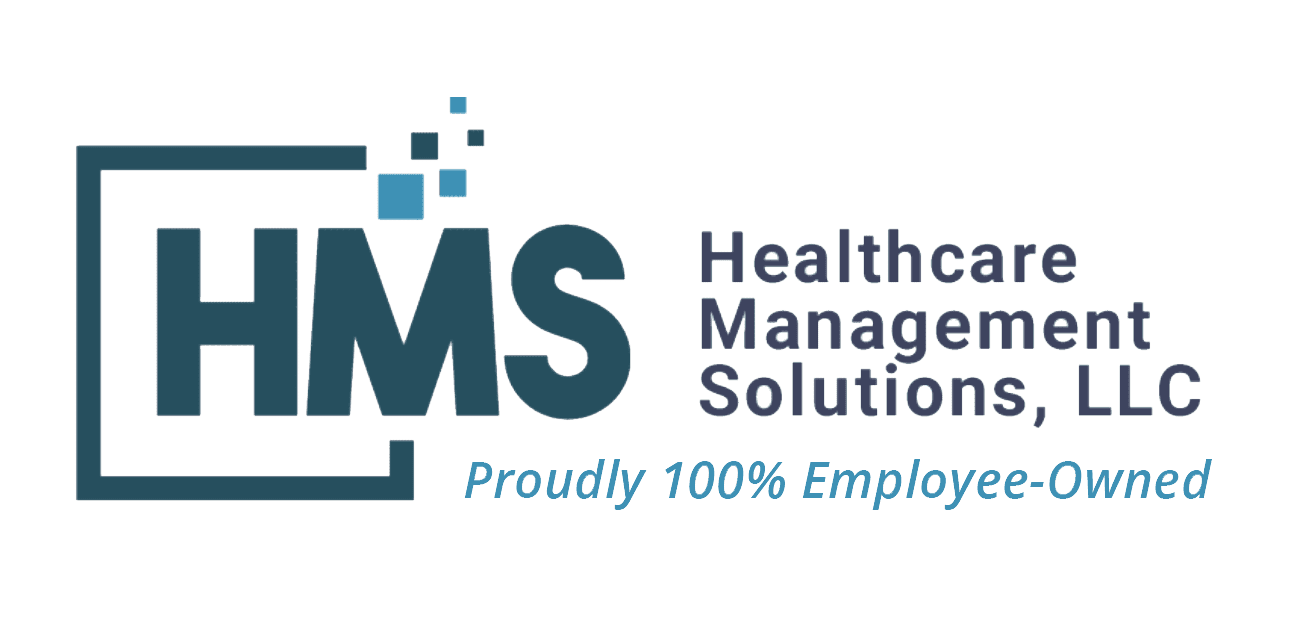Infection Control Case Study
HMS Uses Vital Infection Control Survey Expertise in Healthcare Facilities During Pandemic
As the battle against COVID-19 continued in the summer of 2020, HMS was sent into a broad array of healthcare facilities to conduct infection control surveys using a focused tool issued by CMS. Between March 1 and October 31 of 2020, HMS completed 871 infection control surveys in both long-term-care and non-long-term-care facilities across the nation.Background
- In 2016, CMS contracted with HMS to participate in a joint infection control pilot project which included focused surveys of 40 healthcare facilities in the U.S. Our specialized team conducted infection control surveys focused on practices maintained by facilities during the transition of care between a nursing home and hospital.
- An infection control survey was not a survey type before the pandemic, but between 2016 and 2020, HMS participated in a number of special investigations assigned by CMS’ central office where infection control was the primary focus. These engagements further strengthened our ability to identify gaps in infection control practices, which prepared HMS to be a tremendous resource to states and the federal government during the COVID era.
- Currently, infection control investigations are required for all states, therefore HMS is receiving consistent focused assignments in almost every survey contract.
Pandemic-Era Infection Control
Agile Response
- All mandated survey activity was paused due to COVID-19, except for infection control surveys. HMS was able to obtain a Paycheck Protection Program (PPP) funding, enabling us to maintain critical staffing levels while assigning surveyors nearly 240 hours of training on infection control in order to increase knowledge and competencies in preparation for the restarting of survey activity.
- In 2020, between March 1 and October 31, HMS completed 871 infection control surveys in both long-term-care (LTC) and non-long-term-care (NLTC) facilities across the nation.
- We used an updated version of CMS’ focused infection control tool for both LTC and NLTC which covers a broad spectrum of topics for the provision of care. All of these surveys were related, since the states sought to abide by the CMS directive, but not all involved COVID-19 outbreaks. HMS went into some facilities where the majority of the population was positive for the virus, as well as facilities that had no reported cases.
- In addition to the standard one day infection control surveys that all states and HMS have been completing, CMS’ Center for Clinical Standards & Quality recently assigned HMS to more high-priority focused infection control surveys that required two days onsite for a more in-depth review of practices.
HMS Overcame Challenges
- PPE: In the beginning of the pandemic, HMS management diligently secured personal protective equipment (PPE) for survey staff, which enabled us to conduct surveys during the first several months of the pandemic when many states had little or no PPE of their own. Thus, HMS was able to protect its staff and safely support states that urgently needed surveys beginning as early as March and continuing through present day. Because of their quick action, there has been no gap between the requests made of HMS and their ability to survey.
- Mobility: HMS’ team is geographically dispersed throughout the U.S., which proved to be a particular strength during the pandemic’s opening months when airline flights were unavailable and/or unsafe and very few hotels were open. We had teams within driving distance of most survey engagements.
- Survey Coordination: We had to adjust work schedules in order to handle the higher volume of surveys, which required getting approval for teams to work overtime. States typically send requests for surveys in “hot spot” locations late Thursday and Friday each week, which means HMS is sending out assignments on Friday and Saturday for inspections to be conducted beginning the following week.
- Health Integrity: Our survey management team implemented a symptoms screening for surveyors through our survey management application, which enables surveyors to quickly and securely communicate health-status changes, to ensure that our teams posed no risk for the facilities to which they were sent.
- Travel Restrictions: HMS’ coordination center also facilitated survey-team travel, even locating small roadside motels when that was the only lodging option available. States have ever-changing travel and quarantine restrictions, so we research states weekly not only where our surveyors live but also the states they are traveling to for the surveys. In addition to logistics challenges posed by various restrictions, we also have to ensure that we respect our employees’ privacy rights.
Agencies Involved
- Centers for Medicare and Medicaid Services (CMS): CMS combines the oversight of the Medicare program, the federal portion of the Medicaid program and State Children’s Health Insurance Program, the Health Insurance Marketplace, and related quality assurance activities.
- State Agencies (SAs): Each U.S. state and territory has an agency with responsibility for oversight of healthcare facilities, with reporting responsibilities to CMS. HMS provides technical assistance and other services to these state agencies.
© 2020 HMS | About Us | Contact | Employee Resources

